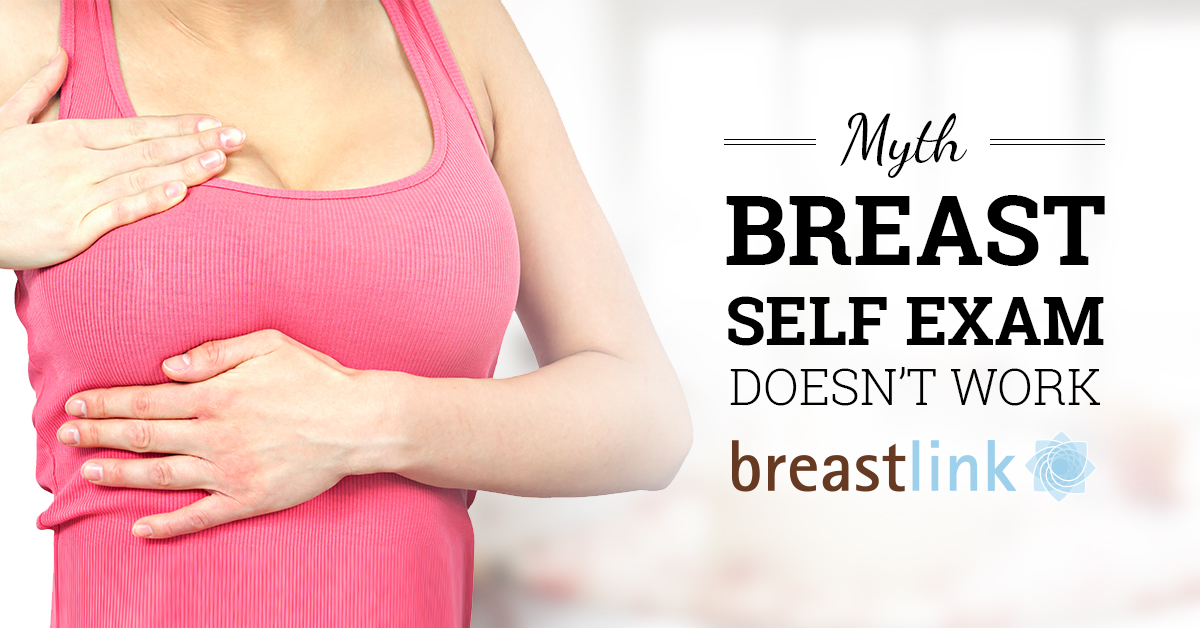Myth: Breast Self Exam Doesn’t Work
Reality: Breast Self Exams Can Be Lifesaving!
Until recently, all women were encouraged to do monthly breast self-exams (BSE) starting at age 21. However, new guidelines from the Komen Foundation and the American Cancer society state that women do not need to do self-exam, but should be “self-aware” and report any change to their doctor. Just how a woman becomes “self-aware” without some form of training is not explained.
These new recommendations have created a great deal of confusion. Women are asking, “Why the change in guidelines”? After all, the reality is that women who do BSE with confidence are capable of detecting small and potentially curable cancers. Women who do not do regular BSE are more likely to present with more advanced breast cancers.
The new recommendations are of even greater concern for women under 40 who are not being screened with yearly mammograms. In this younger age group BSE is the only tactic that young women can used to ensure early detection. Considering that the majority of breast cancers in the under 40-age group are first detected by the woman, monthly BSE is their only hope of early detection.
The key step in learning how to do BSE with confidence is to begin the process after a physician or nurse has done a careful breast exam and reassured the patient that her breasts are normal. Once a woman is convinced that her breasts are normal, she can stop looking for lumps and focus on the challenge of developing a clear mental image of her normal base-line pattern. It may take several attempts to become familiar with the normal pattern and texture of your breasts, but the effort could be lifesaving.
Once you have gained confidence in the practice of BSE, the next step is to do your breast exam monthly. Menstruating women should remember to preform BSE 5-10 days after the onset of their period when their breasts are least tender and lumpy. Avoid looking for lumps! Trust yourself. If you know your normal and something changes on your self-exam, report it to your physician. Remember, if you do BSE with confidence, you are better than your doctor in detecting a subtle but important change in your breast.
For a more detailed discussion on BSE and other important breast care issues, you may want to look at my new book: Prevent Survive Thrive: Every woman’s guide to optimal breast care. An entire chapter is dedicated to the issue of Breast Self-Examination. The book deals with all aspects of breast health.




Add new comment